So much going on at this time of year – Purim/Pesach/Shavuot – we do love celebrating springtime, don’t we?
And now we are also celebrating our return twice a month to being in a room with each other for services. We hope to see you soon – April 1st is our first Kabbalat Shabbat service and then April 9th our first Shabbat morning service.
And our Seder will also be in person – but with a twist. We are honouring our own heritage of our families having to flee our homes – not just from Mitzrayim, but often much more recently with pogroms decimating Jewish villages throughout the Pale of Settlement, in the Ukraine and Russia. And we can never forget the massive uprooting and decimation of our families homes during the Shoah.
Mah nishtana ha Laila hazeh? Why is this night different from all other nights?
This year we are not serving a festive meal. We are asking you to join us, to be together, in person. But instead of a four-course dinner, we will eat matzah, dry as fear in our throats. We will eat chrain, the bitterness of horseradish bringing tears to our eyes. And we will eat charoset, a reminder of that mortar that binds us to our past, but that also brings the sweetness of memories forward on our tongues.
We will have our four cups of wine, and we will dip a little parsley in salted water. This will be our Seder: a Seder where we reflect on what it might mean to flee in the night, to not be able to feed our children, to not know where we might sleep. Come and join us on First Night, April 15th, at the JCC.
With love, with hope,
Rabbi Lynn


Behar
May 15, 2022 by Rabbi Lynn Greenhough • From the Rabbi's Desk Tags: bikkur cholim, ruth simkin •
Each week when we have services over Zoom, I like to find part of our musical heritage to end the service – sometimes contemporary and sometimes an historical treasure. These past two weeks I was with families as we buried their beloved husbands, fathers, and grandfathers – both men born in Istanbul. In their memory, here is the link to the Sephardic Turkish music we played on Shabbat this past week: https://www.youtube.com/watch?v=WyuSTIwL1RI More